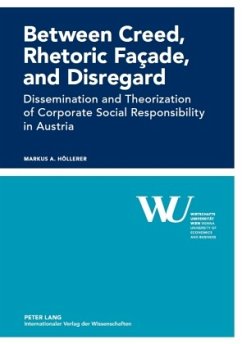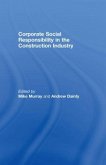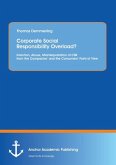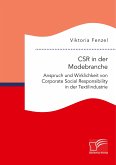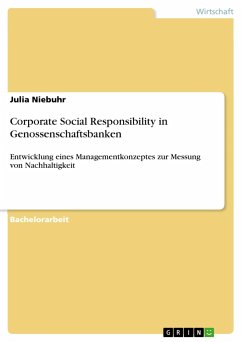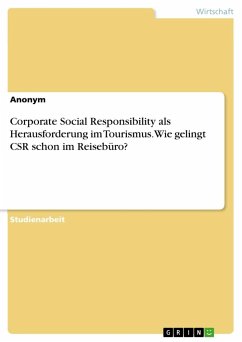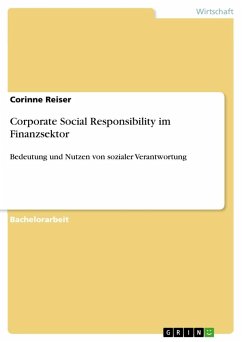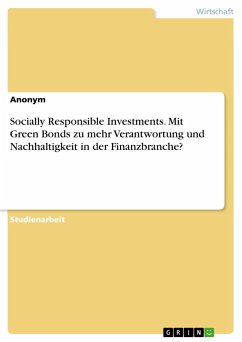Applying the theoretical lens of organizational institutionalism, this study analyzes the spread of Corporate Social Responsibility (CSR) in the Austrian corporate world. The objectives are threefold: First, to explore the institutional framework in place; second, to explain the dissemination of CSR in terms of adopters' characteristics and field-level pressures; and third, to understand the structuring dimensions of meaning within the CSR discourse. The findings demonstrate that a specific sub-population is more inclined to espouse commitment to CSR policies. Against the background of an ambiguous nature and definition of CSR, this study also shows how actor categories and divergent thematic embeddings serve as a basis for the concept's theorization, and elaborates on a distinct constellation of empirical sub-discourses.
Bitte wählen Sie Ihr Anliegen aus.
Rechnungen
Retourenschein anfordern
Bestellstatus
Storno

